Dabru Emet’s Imagined Future: Doing Eschatology with an Interreligious Sensitivity
by Matthew D. Taylor
It is my observation that interreligious understanding between any two religious traditions—if such can even be assessed quantitatively or qualitatively at all—proceeds not linearly but episodically, fragmentarily, and at a glacial pace by the breakneck standards of modernity. Religious traditions with their constitutive communities are massive, hulking bodies of knowledge and disputation, and they don’t exactly turn on a dime. If my observation is true, then Dabru Emet represents neither a breakthrough nor a fait accompli, but a waypoint, a mile marker along the meandering path of Jewish–Christian understanding.
Holding this in mind, what captures my attention afresh among Dabru Emet’s eight claims is a sometimes overlooked aspect of the sixth assertion: The humanly irreconcilable difference between Jews and Christians will not be settled until God redeems the entire world as promised in Scripture. This claim offers a Jewish intervention into the arena of Christian eschatology, or theologizing about the end of time.
Were one inclined to read Dabru Emet’s gingerly worded claim cynically, it might be rephrased as: Christians should stop attempting to theologically harmonize Jews and Judaism into their own Christian worldview (much less convert Jews!) and instead accept an eschatological deferment, a waiting on God’s timing and God’s unspecified promise to “redeem the world.” Hence, the signatories of Dabru Emet tacitly recognize that the typical Christian apocalyptic imagination—wherein Jesus returns and is crowned king of all creation who stands in judgment over all humanity, and some portions of unconverted Jewry recognize him as their rightful messiah—is untenable from a Jewish perspective, but they do not deny Christians the capacity to imagine.
Read uncynically, Dabru Emet’s sixth claim is an invitation to bide together—for Jews and Christians to stand side-by-side, looking longingly toward an ambiguous shared horizon, and trusting that only in the God-effectuated end will the contradictions and the pained history between Jews and Christians make sense. This is an encouragement that I, as a Christian, can heartily accept. I can embrace the summons of Dabru Emet to suspend any definitive theologizing about the interrelation of Judaism and Christianity and leave the End Times in God’s gracious hands.
But I would like to take this Jewish eschatological note of caution a step further and press it into service of another fraught sibling rivalry in the Abrahamic family: that between Christians and Muslims. As with the Jewish–Christian history of conflict into which Dabru Emet is intervening, the 14 centuries of Christian–Muslim relations have been filled to the brim with “humanly irreconcilable difference[s]” (some of which also vex Jewish–Christian dialogue). To name a few: Is Jesus divine? Is God a Trinity? Can Christians accept the prophethood of Muhammad and/or the Qurʾan as scripture? Do Christians need to convert to Islam (or vice versa) in order to experience right alignment with God? Many Muslims and Christians through the generations have proposed solutions to these contradictions, but so far no one has squared the circle.
Similar to the dynamic between Christians and Jews and because Islam emerges chronologically later, the Islamic interpretive tradition has sought to theologically incorporate and harmonize Christianity (and, for that matter, Judaism) into the Islamic worldview. Jesus is depicted throughout the Qurʾan as a revered prophet of Islamic monotheism, denouncing Christian theological claims about his divinity. And, drawing upon the Qurʾan and some the sayings of the Prophet Muhammad, most Muslims expect that Jesus will return as a sign of the End Times. The returned Jesus will descend from heaven; do battle against an Antichrist figure named al-Dajjal; testify to the truth of Islam while inviting Jews and Christians to proper faith; break the cross (i.e., the emblem of Christianity); and ultimately stand as a witness at the final judgment against Christians who persist in their faith. All of this is, naturally, very difficult to stomach from a Christian perspective.
Truthfully, for most of the history of interaction among the Abrahamic religions, eschatology has functioned as a domain of theological polemic. Whether the world’s end is inaugurated by a Jewish messiah and messianic age, or by the Christian Jesus finally recognized by all as the king of heaven, or by the Islamic Jesus returned to prove Jews and Christians wrong, one Abrahamic tradition inescapably comes out on top. The hope of eschatology, to varying degrees for all three traditions, is the hope of the vindication of their religion, when finally the rest of the world sees how right Judaism or Christianity or Islam has been all along. Eschatology has been a space that has fostered our interreligious delusions of grandeur—“Won’t they be sorry or surprised when they see...”
Dabru Emet’s sixth claim points us toward a different way of doing eschatology with an interreligious sensitivity. It beckons us not to silence our apocalyptic imaginations entirely, but to always add a note of future-oriented humility, to shelve our delusions of grandeur in the company of religious others. It proposes that, in order for the long-haul project of understanding between Jews and Christians to persist, we must hold at bay our horsemen of the Apocalypse. We are reminded as Jews, Christians, and—I would argue—Muslims, that so long as we cherish fantasies of our own vindication, we are not being good monotheists, for if the future is God’s future, then the vindication will be God’s alone. We may all be left standing slack-jawed at the end of all things, surprised by what God has wrought. But what marvelous friendships and potent insights might emerge as we walk our meandering interreligious paths together, content that God will sort out our Jewishly and Christianly and Muslimly “irreconcilable differences” in God’s time.

